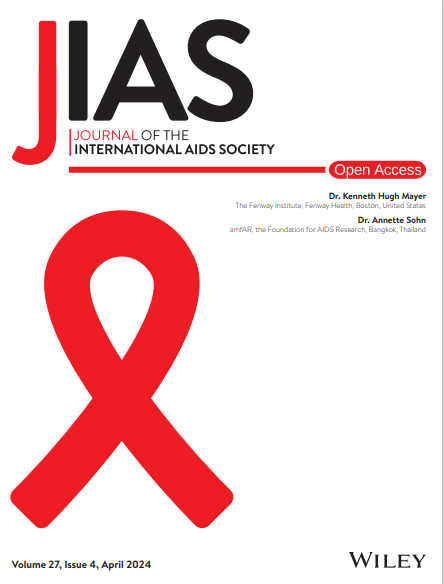Prevalence, correlates and solutions to people with HIV in China being refused treatment for diseases not related to HIV: a mixed-methods study
Abstract
Introduction
Existing studies on treatment refusal towards people with HIV (PWH) lack focus on the Chinese context and key factors. We aimed to elucidate the prevalence, correlates and solutions to PWH being refused treatment for diseases not related to HIV (DNRH) in China.
Methods
We conducted a mixed-methods study of PWH and healthcare providers (HCPs) between April 2021 and June 2022. An online survey of PWH assessed the prevalence and correlates of treatment refusal for DNRH during their most recent outpatient or inpatient visit. Semi-structured telephone interviews were conducted with PWH and HCPs to understand their experiences of treatment refusal and to generate potential solutions.
Results
We included 35 PWH and 30 HCPs in the interviews, and 902 PWH in the survey. In the survey, 42.2% and 63.0% of PWH reported treatment refusal for DNHR during their most recent outpatient and inpatient visit, respectively. Among outpatients, PWH who were <30 years old (AOR: 0.43, 95% CI: 0.25−0.73), acquired HIV through male-male sex (0.56, 0.35−0.90) and did not disclose their HIV status to HCPs (0.64, 0.42−0.96) were less likely to report treatment refusal. PWH who were not adherent to antiretroviral therapy (10.66, 1.16−98.20), had their outpatient visit before the COVID-19 pandemic (1.74, 1.00−3.00) and received care at a surgical department (2.10, 1.23−3.60) were more likely to report treatment refusal. Among inpatients, PWH who received care from a male HCP (2.31, 1.27−4.22) and were hospitalized in central provinces of China (2.60, 1.07−6.31) had higher odds of treatment refusal. In semi-structured interviews, we found HCP refusal to treat PWH for DNRH could be influenced by stigma against HIV, concerns about HIV acquisition, limited knowledge of HIV post-exposure prophylaxis and insufficient protection from health authorities against discrimination by HIV status. Participants identified several solutions that may help mitigate treatment refusal, including supporting PWH to achieve virologic suppression, HIV education for HCPs, employment protections and compensation for HCPs who acquire HIV in the workplace, and the establishment of dedicated government offices and laws to address treatment refusal.
Conclusions
Treatment refusal for DNRH was common among PWH in China. Factors contributing to treatment refusal involve PWH, HCPs and health authorities. Systematic interventions involving all stakeholders, particularly legal protections against discrimination by HIV status, should be implemented to reduce treatment refusal.


 求助内容:
求助内容: 应助结果提醒方式:
应助结果提醒方式:


